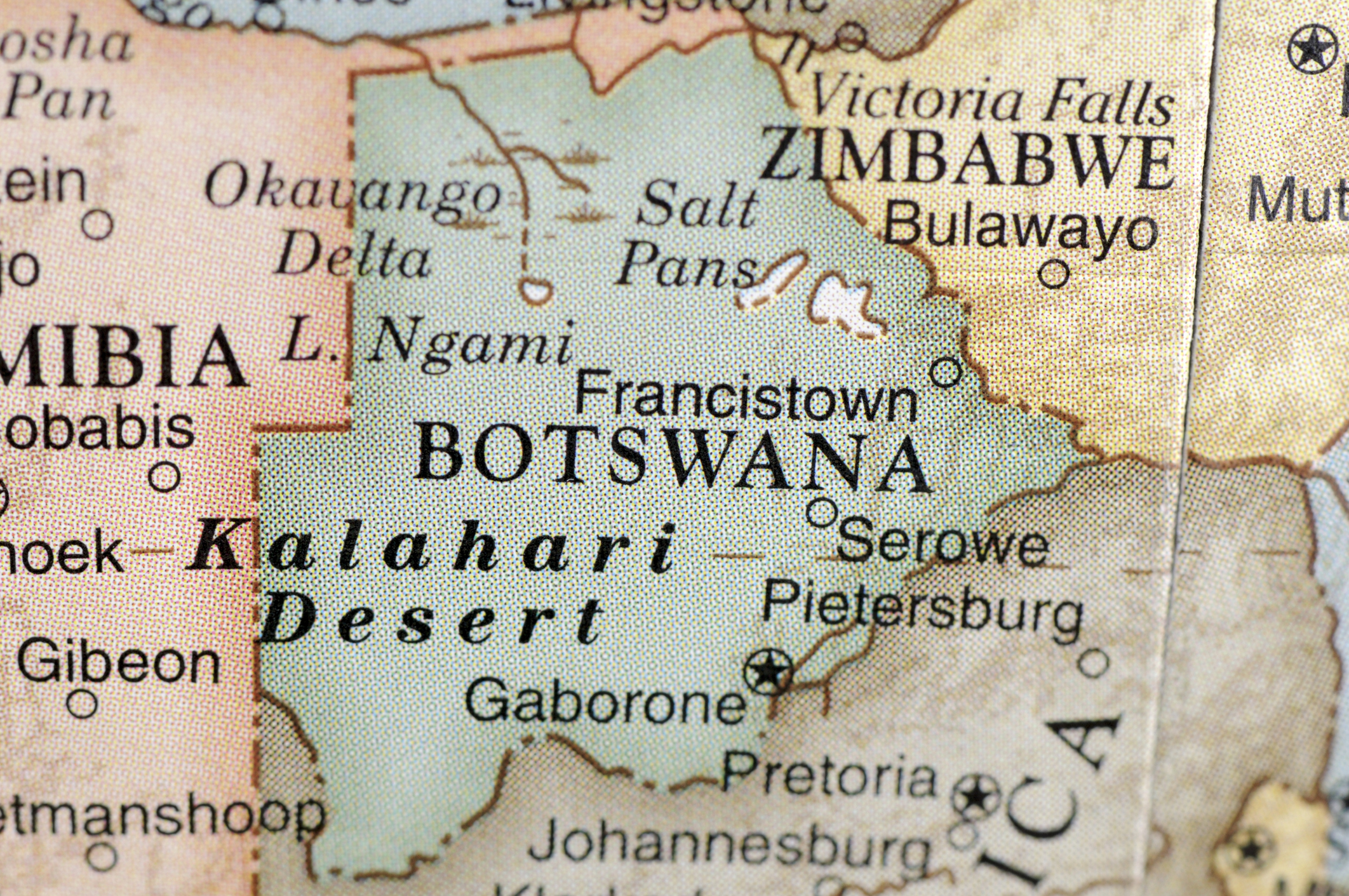
Botswana explores mankind’s cradle to boost tourism

After news broke out late last year that the cradle of mankind is located somewhere in the Makgadikgadi pans in the central part of Botswana, the Southern African nation intends to encourage research on the subject to boost its tourism industry.
Public relations officer in the Ministry of Environment, Natural Resources Conservation and Tourism, Daniel Moatshe, said as part of the activities aimed at encouraging researchers and scientists to conduct research on the origins of humans in Botswana, the Southern African nation will start hosting the ground breaking Seminar of the Makgadikgadi Human Origins on 28 February in Maun.
Moatshe said the seminar, which will focus on encouraging human research in the Makgadikgadi, will feature a presentation of the genetics study and how the Makgadikgadi was identified as the cradle of modern humans by world renowned geneticist, Professor Vanessa Hayes.
Professor Hayes is a researcher with the Garven Institute of Medical Research in Sydney, Australia, and works with other respected scholars in a multi-disciplinary research. Organisations involved in the business of promoting Botswana researchers, academia, heads of diplomatic corps, will attend the seminar.
In an article published in the respected journal, Nature, in October 2019, Hayes demonstrated that genetic studies point to the Makgadikgadi as the cradle of modern humans and that the area is pivotal in the out of Africa Evolutionary study. Her research has elicited world attention and spotlight on the Makgadikagadi’s aesthetic.
Moatshe said the Makgadikgadi already has a unique sentimental visitorship that is attracted by the vistas and endless expanse of the Makgadikgadi pans.
“The recent publication by Professor Vanessa Hayes, pointing to the Makgadikgadi as the cradle of all humankind, will add impetus to the value of the landscape,” he said. He added that it would also bring much needed spotlight on the Middle Stone Age archaeological relics in the area whose date coincides with that proposed by Prof Hayes as the period when the Makgadikgadi began to dry and about when the populations began to disperse from Makgadikgadi.
“This gives an opportunity for the revitalised branding of the Makgadikgadi as a cradle and a fresh tourism trail that will highlight key sites that will illustrate the brand,” said Moatshe.
He further stated that the Cradle of Human Kind boost will attract second time visitors and calls for organised and refreshed packaging of trails, information boards and new brochures as well as empowered guides and community trusts.
Reports indicate that the idea of the origins of modern humans is a topical and controversial one despite the fact that it is acknowledged that humans originated in Africa some 200 000 years ago.
Before the recent announcement, it had always been believed through archeological and paleontological research that humans originated in the East African Rift Valley region.
However, current research findings have used a different methodology which used mitochondrial DNA to trace the origins of mankind.
This is the first time that this method has been used and they have been murmurs of disapproval from some in the scientific community.
Prof Hayes’s study focused on contemporary Southern Africans and show the geographical isolation of Khoe San descendants south of the Zambezi River.
In seeking a more specific location of the homeland for all modern humans, the study has narrowed in on northern Botswana.






